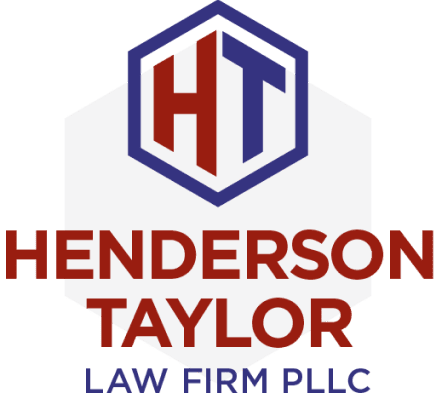Personal Injury

Client-Centered Personal Injury Law Firm Proudly Serving Vancouver, Portland, and Beyond
Accidents can happen to anyone at any time. These unexpected incidents can create sudden and lasting consequences, especially for victims who suffer painful injuries at the hands of a reckless or negligent driver. As you move through the painful surgeries, medical treatments, and other interventions aimed at healing your injuries, it’s natural to feel overwhelmed and anxious about the costly medical bills, lost wages, and other costs triggered by the accident. However, as confusing as this process may seem, you never have to go through it alone. Since 2001, Henderson Taylor Law Firm PLLC has been assisting clients throughout the Pacific Northwest by filing claims on their behalf to recover the compensation owed to them. Whether we settle your claim through negotiation, mediation, arbitration, or litigation, you can trust that we will always keep your best interests at the heart of every step we take. Our goal is to help you secure the compensation you need to support your physical, emotional, and financial recovery as you move toward a brighter future.
Our dedicated legal team is committed to serving individuals and families throughout Southwest Washington and Northwest Oregon who need help filing and pursuing a personal injury claim. Whether you were involved in an auto or motorcycle accident, suffered injuries from a slip and fall accident, or you are currently embroiled in a dispute with your insurance company, our personal injury attorneys will work hard to ensure your voice is heard and you can achieve a successful outcome. We strive to foster an open and supportive environment for our clients as we pursue justice on their behalf.
If you are in need of Alternative Dispute Resolution services, two members of our legal team are ready to assist you. Paul Henderson and Connie Taylor Henderson are both on the Clark County list of approved arbitrators, so they can provide and facilitate any mediation, private trials, or binding arbitration services you may need. Please get in touch with our office today to learn more.
MAKE AN APPOINTMENT
"*" indicates required fields



